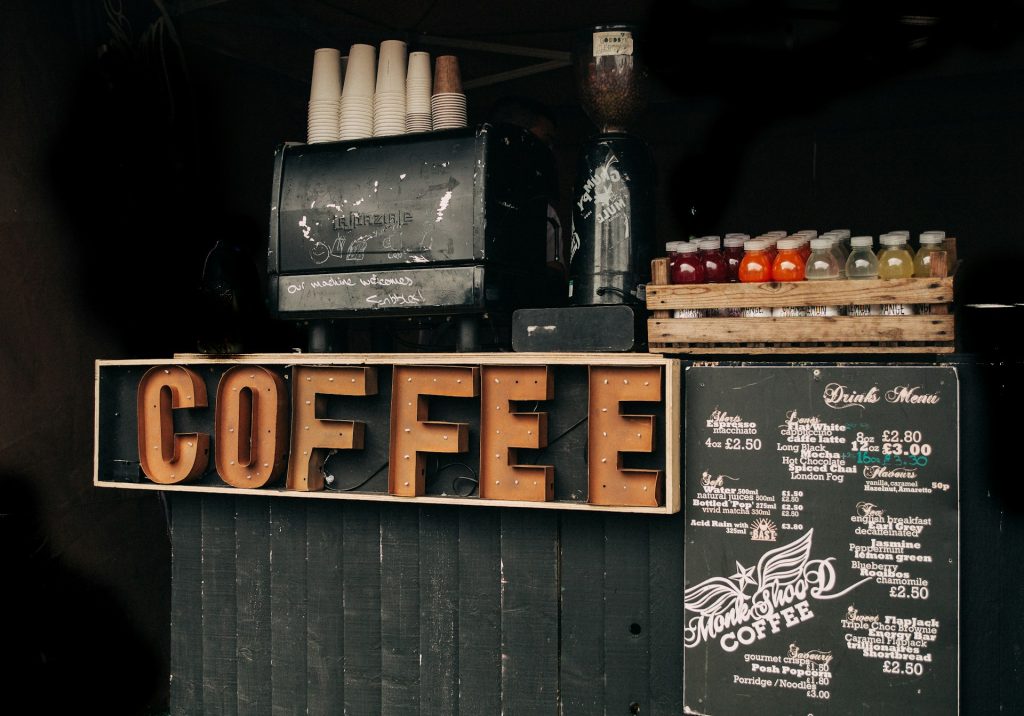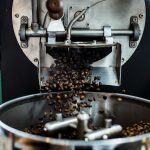Table of Contents
Last year, coffee subscription services raked in over $100 million from eager coffee enthusiasts chasing the perfect cup. But behind the sleek packaging and marketing promises lies a complex reality that every coffee lover needs to understand before committing their hard-earned money.
The Coffee Subscription Gold Rush

Coffee subscriptions are the new darling of the specialty coffee world, promising everything from rare single-origin beans to perfectly timed deliveries. After spending six months and $1,200 testing eight different services, I’ve uncovered what these companies don’t want you to know. What started as a simple quest to find the perfect coffee delivery service turned into an eye-opening journey through the sometimes murky world of subscription coffee services.
The Good, The Bad, and The Bitter Truth

1. The Price Game
Not all $20/month subscriptions are created equal. Some services charge premium prices for commodity-grade beans in fancy packaging. Through meticulous tracking, I discovered most premium subscriptions delivering beans only marginally better than local roasters. The sweet spot for value consistently falls between $15-22 per 12oz bag, while shipping costs often add up to 30% of the total subscription cost. Many services quietly mark up their beans by 40-60% compared to direct roaster purchases. The real shock came when I compared identical beans across different services, finding price variations of up to $8 per bag for the exact same coffee.
2. Freshness Factors
The “roasted to order” promise isn’t always what it seems. One service consistently delivered beans that were roasted three weeks before shipping. Real fresh roasters ship within 24-48 hours of roasting, while many services don’t even specify roast dates. The most disappointing discovery was finding bulk roasting operations masquerading as boutique services. After tracking delivery patterns, I noticed some services batch-roast monthly, meaning your “fresh” beans might have been sitting in a warehouse for weeks.
3. Flexibility Matters
The best services understand that coffee needs change monthly. Skip options are essential since your coffee consumption isn’t always consistent. Services worth their salt offer easy pause/resume features and avoid long-term commitments initially. Those working with multiple roasters typically offer better variety. The standout services I found were those that treated subscribers like real people with changing needs, not just monthly revenue streams. Some even proactively reached out during holidays to adjust delivery schedules.
4. The Quality Question
After blind-testing beans from different subscriptions alongside local roaster purchases, the results were surprising. Mid-tier subscriptions often matched or exceeded the quality of their pricier counterparts. Local roasters frequently outperformed subscription services in both freshness and flavor complexity. Some “exclusive” beans were actually white-labeled from larger roasters, a practice I discovered by cross-referencing batch numbers. Most concerning was how drastically consistency varied between shipments, with even premium services struggling to maintain quality standards across multiple deliveries.
5. Hidden Value Additions
The best services offer more than just beans. They provide detailed brewing guides tailored to each bean, backed by customer service representatives who actually know their coffee. Educational content about origins and roasting processes adds genuine value, while community features like virtual tastings create an engaging experience. The standout services even include personal notes from roasters and direct access to coffee experts who can guide your brewing journey. These additional touches transform a simple delivery service into a complete coffee education platform.
6. The Customization Trap
More options aren’t always better. The most disappointing service I tried offered endless customization but couldn’t deliver on basic quality. Simple preference selections often work better than complex algorithms promising to “learn your taste.” The most effective services stick to clear, straightforward customization options without overwhelming subscribers. I found that services touting sophisticated taste-matching algorithms often sent beans remarkably similar to those from services using basic preference forms. Sometimes, simpler really is better.
7. The Local Roaster Factor
Many local roasters now offer subscriptions that beat national services in multiple ways. Their beans are consistently fresher due to direct shipping, and their customer service is more personal and responsive. These local subscriptions often provide more flexible delivery options and foster a genuine connection with the roasting process. Supporting local businesses frequently means better value, as they typically have lower overhead costs and can invest more in bean quality rather than marketing. After comparing shipping times, I found local roasters averaged 1-3 days from roast to delivery, while national services took 5-9 days.
What Actually Makes a Subscription Worth It?

Genuine convenience should be a given – the service must deliver consistently before you run out, offer easy scheduling changes, provide reliable tracking information, and maintain responsive customer service. Beyond these basics, truly valuable subscriptions include exclusive or pre-release beans, detailed origin information, and brewing recommendations. They should provide actual savings compared to one-off purchases and maintain transparent communication about sourcing and roasting practices.
Perhaps the most overlooked aspect of worthwhile subscriptions is their commitment to sustainability and ethical sourcing. The best services maintain direct relationships with farmers, pay above-market prices for their beans, and transparently share their sourcing practices. This not only ensures better quality coffee but also supports sustainable farming practices and fair wages in coffee-growing regions. When a subscription service prioritizes these aspects, the slightly higher cost often translates to better coffee and better industry practices.
The Verdict on Different Price Points
Budget subscriptions ($12-15/12oz) usually disappoint, offering older beans in fancy packaging. The mid-range category ($15-22/12oz) consistently provides the best balance of quality and price, while premium services ($22+/12oz) rarely justify their cost unless offering truly rare beans. Most surprisingly, several highly marketed premium subscriptions were outperformed by humble local roaster programs costing significantly less.
The Future of Coffee Subscriptions

The coffee subscription landscape is rapidly evolving, with new models emerging that could revolutionize how we receive and enjoy our coffee. Some innovative services are now offering hybrid models that combine local roaster partnerships with national distribution networks, providing the best of both worlds. Others are integrating technology in meaningful ways, using data to optimize roasting schedules and reduce waste. Meanwhile, blockchain technology is being implemented by forward-thinking companies to provide unprecedented transparency in coffee sourcing and pricing.
These developments suggest that while today’s subscription services are mixed in quality, tomorrow’s offerings might finally deliver on the promise of consistently exceptional coffee at fair prices.

I’m Audrey, a dedicated mother of teenagers with an insatiable love for coffee. On BeanBrewLove.com, I intertwine my need for caffeine with reflections on life. Whether expressing a nostalgic sentiment or injecting a hint of sarcasm, my blog is a reservoir of coffee culture, brewing techniques, and global coffee reviews.




